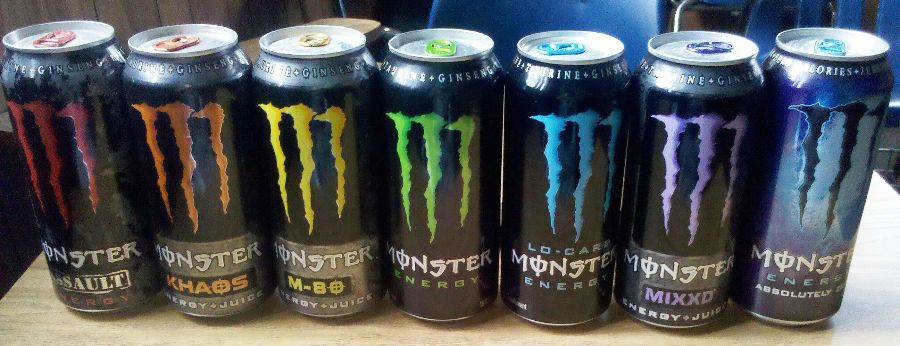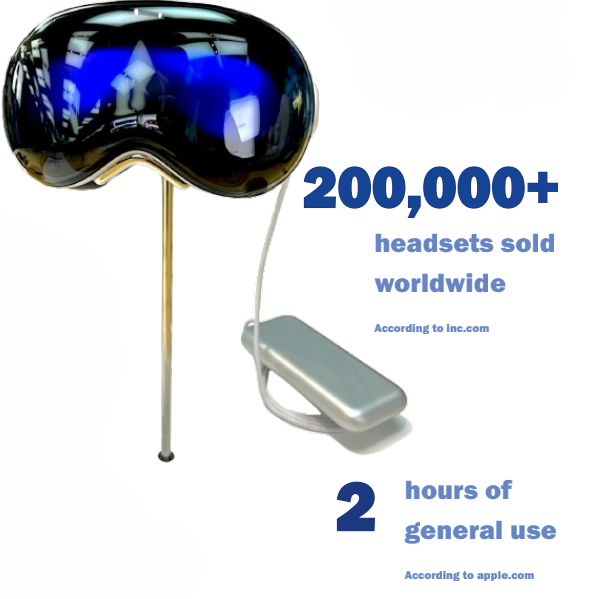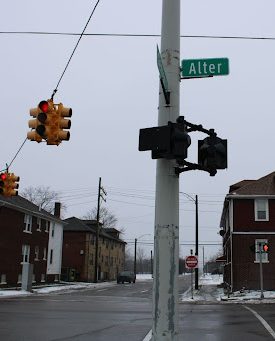Energy drinks: the not-so-sweet side effects
October 29, 2014
According to www.entrepreneur.com, a can of Red Bull has as much sugar as 11 Oreo cookies. When struggling, stressed-out students turn to these types of energy drinks for a boost, the high levels of sugar, caffeine and other harmful ingredients can actually hurt more than they help.
Energy drinks have gained popularity the past few years, especially among students. Science teacher Anne Muto doesn’t recommend them to students. She doesn’t drink energy drinks or coffee because she is allergic to caffeine.
Freshman Jessica Akiki doesn’t drink energy drinks either.
“I just don’t like the taste. It’s too strong,” Akiki said. “I have taken a couple of sips before.”
Akiki has never consumed an entire serving of an energy drink.
While the products advertise an energy boost, students who drink them are often unaware of the major negative side effects.
“I think that energy drinks, people misuse them and try to have them replace sleep and other things good (for) nutrition. Becoming reliant on those to sustain some sort of performance, academic and athletic would be a really bad thing in long term, decremental,” Muto said.
The most prominent side effect is heart palpitations, which are rapid heartbeats that can be caused by the high levels of sugar and caffeine in energy drinks.
Shaking and restlessness are also common side effects, but they are not as harmful as gastrointestinal upset. The gastrointestinal tract is the organ system responsible for digesting food, absorbing nutrients and getting rid of waste. The large amounts of sugar combined with various vitamins and supplements can cause stomach upset.
Serious side effects include ischemia, which can lead to chest pains and dizziness, impairing one’s ability to drive, walk and write. The high levels of caffeine can also cause insomnia, respiratory distress and headaches, though these side effects are less common.
Junior James Wilson does drink Red Bull and says he doesn’t have side effects and likes the drinks.
“It gets you really energized,” Wilson said.
Consuming energy drinks in the morning will allow these side effects to develop and continue throughout the day, and drinking them at night can induce sleeping troubles. This lack of sleep can then lower the users immune system, making consumers prone to sickness.
“I would say I drink them in the morning till afternoon,” Wilson said.
While large amounts of high fructose corn syrup and caffeine are the foundation of energy drinks, many other ingredients such as taurine, ginseng, guarana, vitamins and green tea are common as well. Unfortunately, these ingredients often have no nutritional value and could even be harmful.
Many large energy drink brands will use faux names to mask their ingredients and make the drinks seem healthier. High levels of sugar can lead to obesity and can increase the risk of Type 2 diabetes. The sugar causes blood sugar and insulin spikes, which creates crash-like feelings and can become an addictive.
“I didn’t know sugar was addictive,” Akiki said.
Some healthier alternatives for energy drinks, as described on www.entrepreneur.com, are green juices or smoothies, which contain Vitamin B, a natural stimulant. Green tea is also a good replacement because it has less caffeine than coffee but still provides some energy boost.
Akiki finds other drinks more refreshing.
“I’ll treat myself for coffee like once every month or so,” Akiki said. “I just drink water and milk.”
Wilson drinks energy drinks three to four times a week, but many doctors agree that the best energy drink is simple water. Drinking a large glass of cold water on an empty stomach can quickly increase your metabolism and your energy for the rest of the day. Skipping that can of Monster and reaching for a glass of water instead can make a huge difference.












